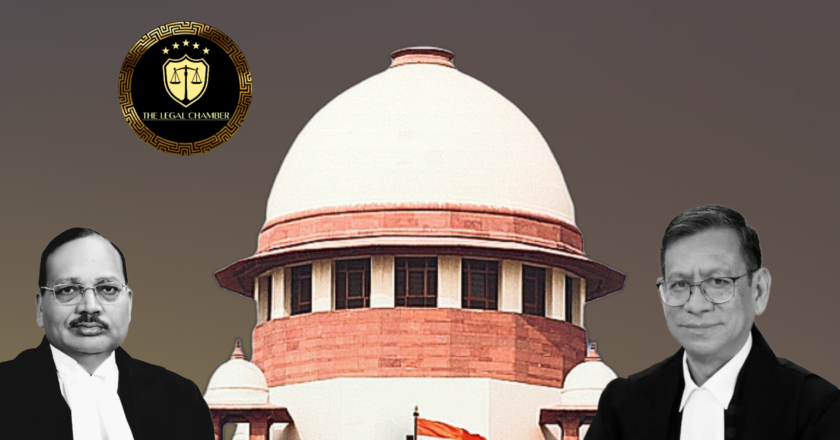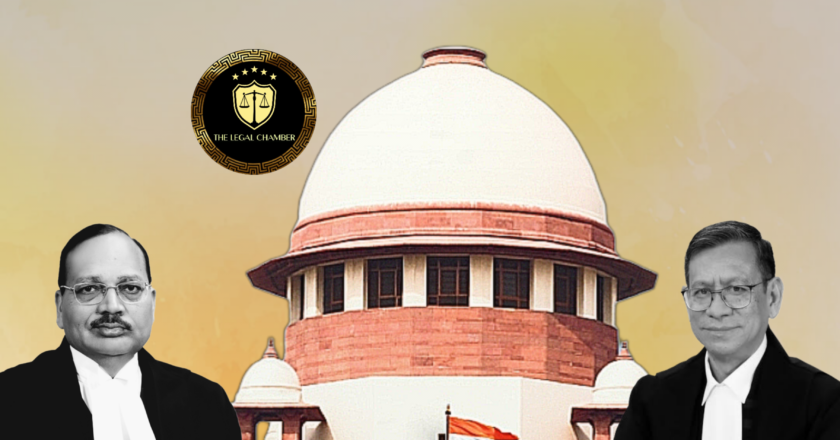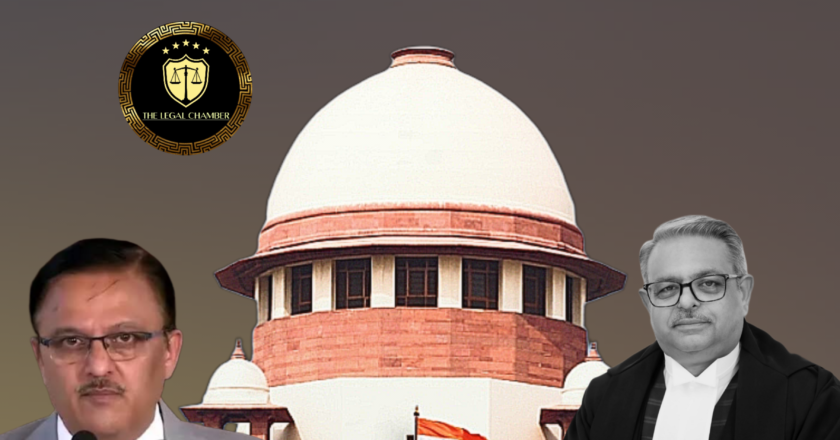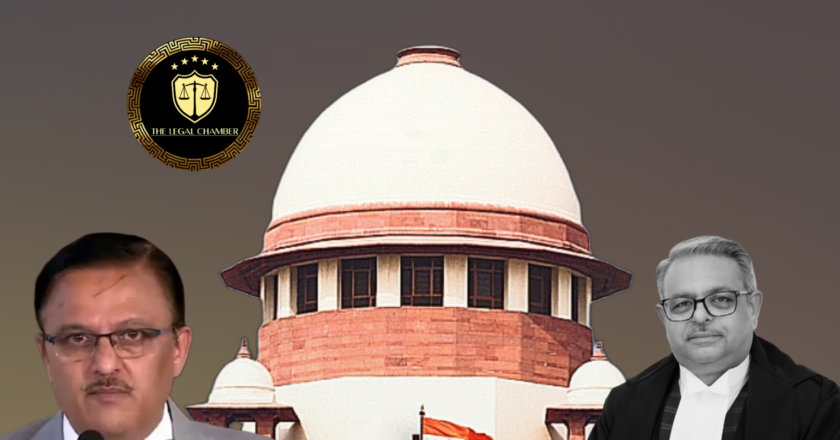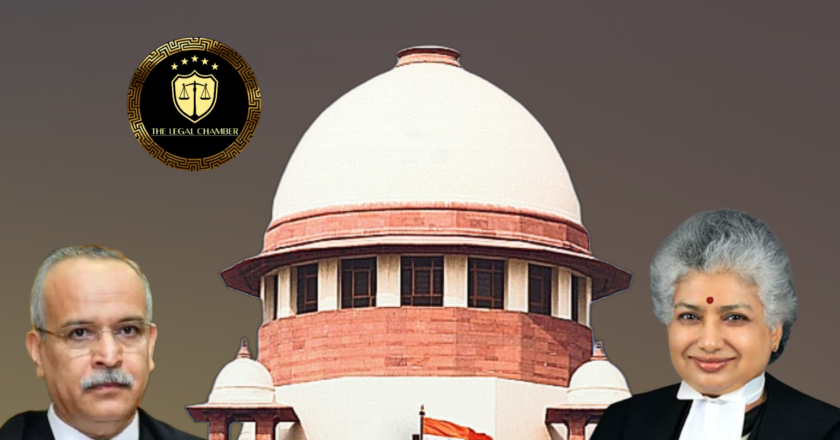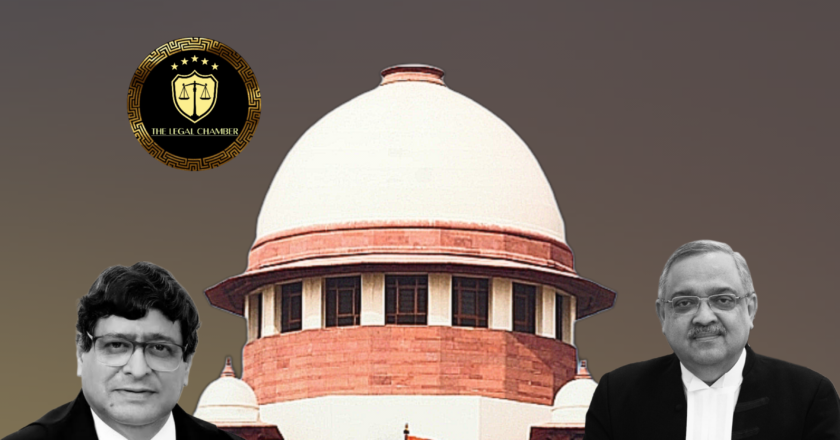Balancing Ecology & Development : Supreme Court’s Verdict on Mumbai’s Khajuria Lake Case
The Supreme Court, overturning a High Court order, ruled that restoring a demolished lake to its original state was not feasible given the passage of time and the establishment of a public park. The Court balanced environmental conservation with public welfare, emphasizing that the public trust doctrine must consider practical realities. It directed the Municipal Corporation of Greater Mumbai (MCGM) to maintain the park, explore alternative water bodies, and restore other deteriorated water bodies.
Facts Of The Case:
The Municipal Corporation of Greater Mumbai (MCGM) undertook a redevelopment project on a plot (CTS No. 417) at Khajuria Tank Road, Kandivali (West), Mumbai, for a theme park. This project allegedly led to the obliteration of a lake that had existed at the premises for app...
